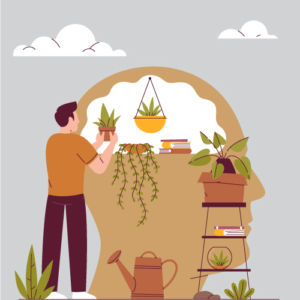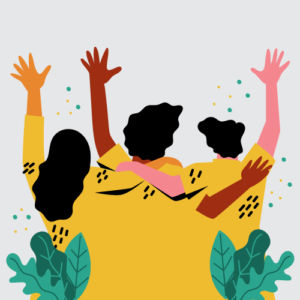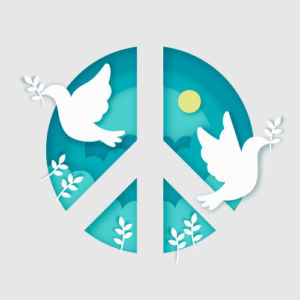the social: our lives, our health, our wellbeing
SDG 3 Good health and wellbeing: Ensure healthy lives and promote well-being for all at all ages
Good health is essential to sustainable development, therefore humanity needs to address the widening economic and social inequalities and the continuing burden of infectious diseases and the subsequent challenges this poses. Ensuring healthy lives and promoting wellbeing for all is important to building prosperous societies. However, despite great strides in improving people’s health and wellbeing in recent years, inequalities in health care access still persist. Pandemics such as COVID-19 have thrown a spotlight onto the inequalities that exist and the impact this has had on global economies. This theme requires students to explore the issues that currently exist which limit people’s ability to receive the services they need to live healthy and productive lives. They will use this opportunity to raise awareness about the importance of good health as well as people’s right to quality health care services and suggest possible solutions to eradicate the inequalities prevalent in our communities.

Time for Equality: All for one
SDG 10 Reduced Inequalities: Reduce inequality within and among countries
“Inequality within and among countries is a persistent cause for concern. Despite some positive signs toward reducing inequality in some dimensions, such as reducing relative income inequality in some countries, renegotiating trade and labour laws, and working towards reducing gender disparity inequality still persists.”
The equality theme focuses on identifying multiple forms of inequality (for example income inequality, gender inequality, political inequality etc.) and the efforts that can be made to reduce these inequalities, not only within our own community but also in the wider world.
The projects for this theme will explore different cultural perspectives on the issues related to the form of inequality they have chosen to investigate. Research driven initiatives will inform or support the production of the project outcome. The emphasis is on developing the ability to think critically about a range of solutions and create a positive social impact.

Politics, Products and Markets: Buy less, choose well, make it last
SDG 12 Responsible consumption and production: Ensure sustainable consumption and production patterns
Achieving economic growth and sustainable development requires that we urgently reduce our ecological footprint by changing the way we produce and consume goods and resources. Encouraging industries, businesses and consumers to recycle and reduce waste is as important, as supporting developing countries to move towards more sustainable patterns of consumption by 2030. This SDG is quite important as it underpins every other Sustainable Development Goal, from Zero Poverty to Peace and Justice.
This theme entails to respect the biophysical boundaries of the planet and to reduce current global consumption rates in order to fit with its biophysical capacity. This would mean halving global food waste per capita and ensuring the efficient and sustainable use of natural resources by 2030; fighting pollution, reducing the overall waste generation, and improving the management of chemicals and toxic wastes; supporting companies’ transition to green infrastructures and practices; and making sure everyone everywhere is fully informed of ways to live in harmony with nature and eventually adopts thoughtful habits.

Peace expeditions: “Injustice anywhere is a threat to justice everywhere”/ Bring the world together through peace and justice
SDG 16 Peace, Justice and Strong Institutions: Promote just, peaceful and inclusive societies
“We cannot hope for sustainable development without peace, stability, human rights and effective governance, based on the rule of law. Yet our world is increasingly divided. Some regions enjoy peace, security and prosperity, while others fall into seemingly endless cycles of conflict and violence. This is not inevitable and must be addressed, as violence and insecurity have a destructive impact on a country’s development, affecting economic growth, and often resulting in grievances that last for generations.”
Peace, security and justice are fundamental human rights agreed upon by societies and countries to ensure stability and growth for all. Yet in recent years we have witnessed continuous wars, violence and conflict in major parts of the world. This not only robs future generations of the chance of economic prosperity, successful partnerships and development but also leaves limited scope for any peaceful dialogue between nations. This project is a starting point for youth to embrace, understand and solve problems of communication and discourse that affect their futures. Students will be able to analyse issues that create fear, anger and hopelessness, and pave a way to create empathy and actionable solutions towards repairing conflict affected areas.
